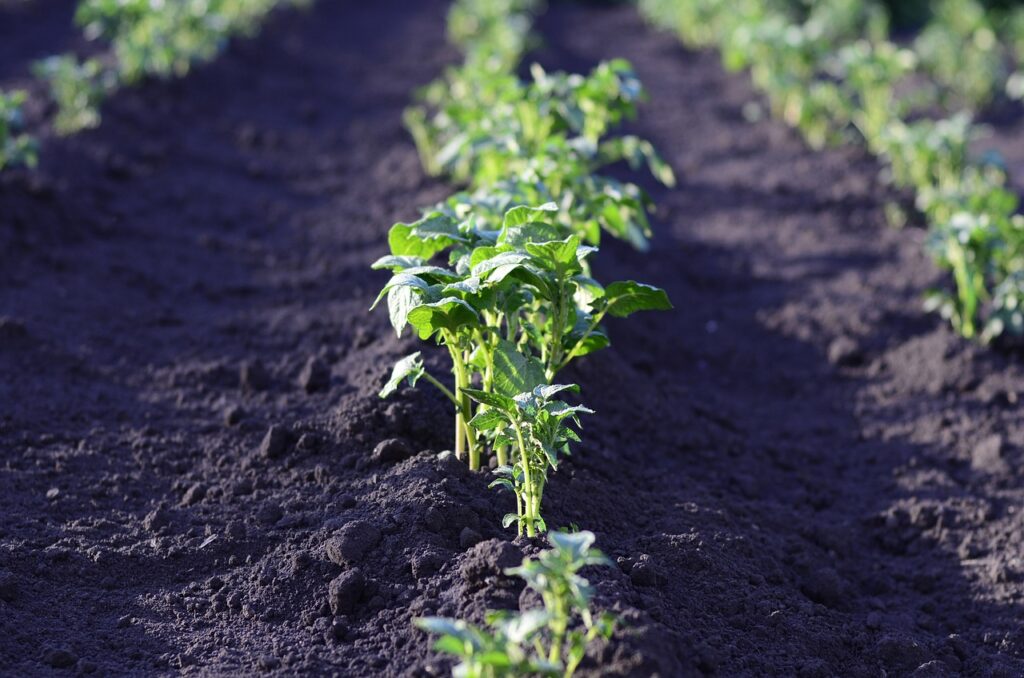
Image by Надежда Мельникова from Pixabay
Episode Summary
This is part II of coverage on the topic of protein. In Episode 191, I spoke with Vesanto Melina, MS, RD, about the amount of protein we should be consuming and the best ways to obtain it. We covered a wide range of topics, from how protein is absorbed to how it is optimized for body functions, yet there are so many fascinating subjects left to discuss. In this episode, I am thrilled to joined by Vesanto’s co-authors, Brenda Davis, RD, and Cory Davis, to analyze the importance of protein quality and understand the global impacts of various protein sources.
Brenda, a registered dietitian and leader in plant-based nutrition, reveals that protein quality is often determined by the food’s PDCAAS (Protein Digestibility Corrected Amino Acid Score). This score assesses a food’s amino acid composition and how effectively those nutrients are absorbed into the body. While these metrics are undoubtedly important, they fail to tell a protein’s full story.
As Brenda describes, “the traditional definition of protein quality ignores some really important factors in terms of how our protein sources impact our health risk… if that protein source causes colorectal cancer or increases your risk of heart disease or diabetes, to me that impacts its quality in a pretty big way.”
The impact of protein quality on health and lifespan has been proven in countless studies around the world. In fact, a 2020 study showed that substituting just 60 daily calories of animal protein (the equivalent of one egg) for plant-based protein can reduce mortality by about 10%. Beyond this, not only can protein sources like soy, tempeh, and legumes make a dramatic difference for personal health, but they can have wider impacts on our planet.
Cory, an accomplished agrologist and environmental scholar, makes an even greater case for plant-based protein. Drawing on industrial data, Cory says, “industries like fracking… use 70 to 140 billion gallons of water a year, a massive amount. Agriculture then uses 2 quadrillion gallons of water per year.”
This excessive water usage, coupled with land use and pollution, has devastating effects on our environment through deforestation, emissions, and manure spills. It is estimated that if our society adopted plant-based diets, we could sequester 16 years’ worth of greenhouse gas emissions and gain a 66% chance of meeting the Paris Climate Accords.
Listen to the full episode to learn more about the health and environmental evidence promoting plant-based protein.
Here are the details of our conversation:
[00:02:27] Writing Plant-Based Protein
[00:03:34] Cory’s interest in agriculture and the environment
[00:05:30] Protein quality and risk considerations
[00:07:44] The importance of protein for seniors
[00:11:10] Intentional protein consumption
[00:14:48] Transitioning into aging
[00:17:29] Identifying agriculture’s environmental impacts
[00:19:12] Tofu vs. steak vs. eggs?
[00:20:32] The cumulative environmental effect of animal-based protein
[00:23:20] Water use, manure spills, and emissions
[00:27:08] Reducing the risk of mortality in just one meal
[00:31:57] Protein to promote or demote health
[00:35:07] The role of supplementation?
[00:37:50] Plant-based meat substitutes
[00:42:06] Educating ourselves on the history of American agriculture
[00:44:58] Plants provide sufficient protein
Episode Notes
Brenda Davis, RD, is one of the world’s leading plant-based pioneers and an internationally acclaimed speaker. Widely regarded as a rock star of plant-based nutrition, she has been referred to by VegNews as the “godmother” of vegan dietitians and was the 2022 recipient of the Plantrician Project’s Luminary Award. Brenda’s work focuses on ensuring that everyone who wishes to be plant-based can succeed brilliantly. She lives in Alberta, Canada, with her husband, Paul. Visit her at brendadavisrd.com.
Cory Davis, MBA, P.Ag, is a professional agrologist who has worked in natural resource management since 2012 and has been a lifelong advocate for animal welfare and environmental stewardship. His broad range of experience and diverse degrees encompassing business, the sciences, and intercultural relations have given him a unique, integrated perspective on sustainable practices and their effects on human health and well-being. Cory lives in British Columbia, Canada.
Links:
Order Brenda and Cory’s book, Plant-Powered Protein: Nutrition Essentials and Dietary Guidelines for All Ages, here
Visit Brenda’s website, brendadavisrd.com